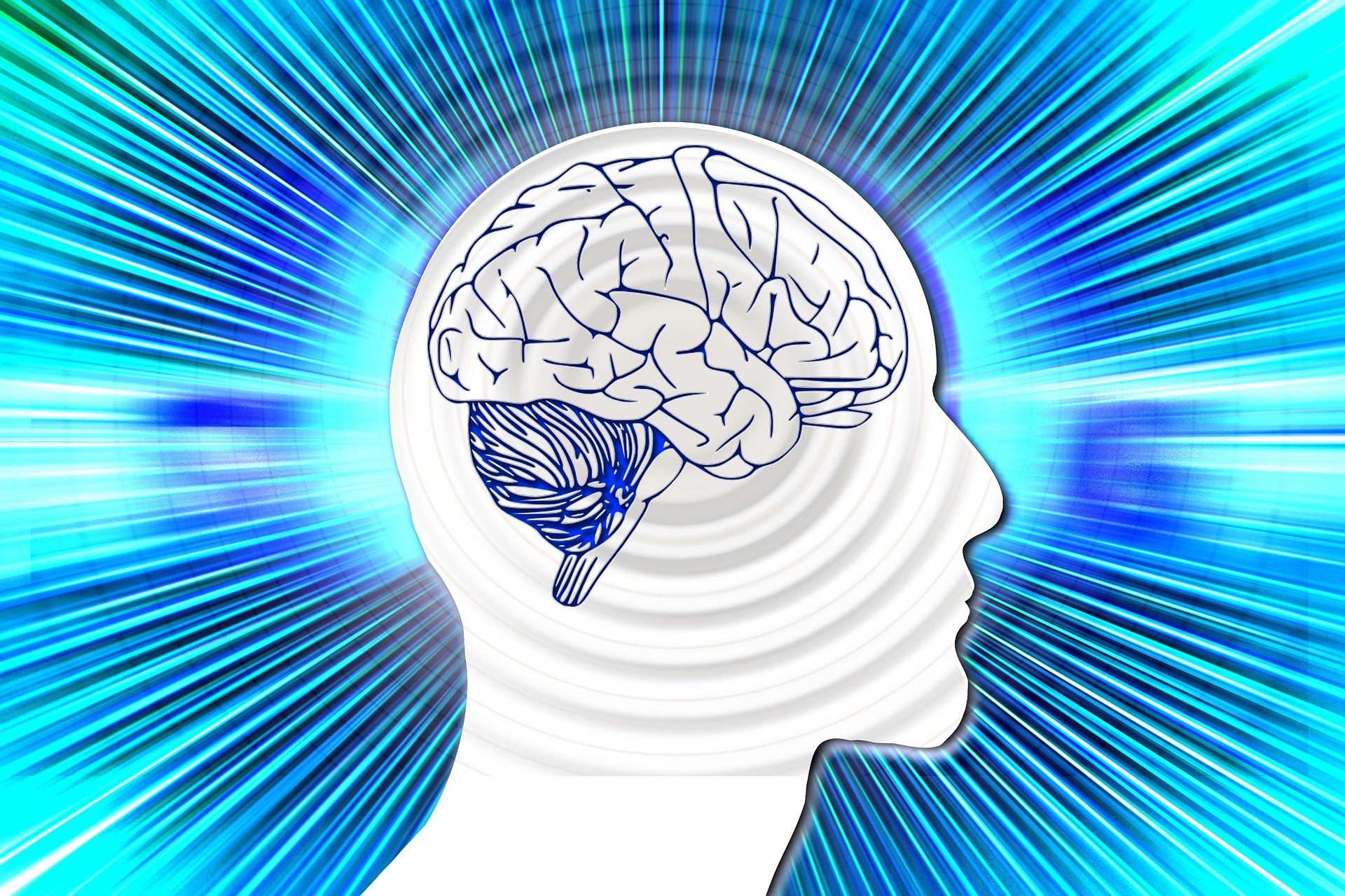What does trauma look like?
Physiological and psychological trauma can have a profound impact on the brain.
When someone experiences trauma it can mean having difficulty in forming and maintaining healthy relationships with others. It is common that a person who has experienced trauma can experience any or all of these:
- Difficulty going to sleep at night
- Difficulty staying asleep at night, often waking up one or more times throughout the night
- Re-experiencing terrifying memories
- Flashbacks
- Nightmares or night terrors
- Emotional numbness
- Emotionally disconnected from others
- Difficulty trusting people
- Difficulty in recovering or normalizing after an upsetting event
- Obsessive thinking
- A racing mind
Trauma can be more broadly understood as an adverse life event
Adverse life experiences or events can include both violations and voids.
Violations are those events that significantly impacted your life where someone or something inflicted or imposed something upon you. This can be whether you only witnessed it or it directly happened to you.
Voids are those things that should have happened to you, things that you should have had but didn’t. Adverse life events or experiences that involves voids in one’s life can include (things you should have had growing up):
- Healthy nurturing touch
- Food
- Shelter
- Clothing
- Parents that loved and cared for you and significantly met your physical, social, emotional and intellectual needs.
- Where there has been lack there has been an adverse life experience that has altered your life whether knowingly or not.
Developmental Issues
Both Developmental and Trauma issues are considered adverse life experiences. Often people can understand traumatic events more than developmental trauma. Developmental issues or trauma involve the type of attachment you developed from your primary care givers. Since this issue takes a little more knowledge to understand it is often not recognized by us because we have normalized it.
 Attachment styles developed in childhood
Attachment styles developed in childhood
These attachment styles are a result of parental emotional connection, lack thereof, and frightening or unpredictable behaviour. Attachment theory, according to Bowlby and Ainsworth, tells us that the first 18 months of a child’s life is critical to the quality of attachments made with the primary caregiver. The quality of attachment or lack of it starts with instinctual behaviours such as clinging and crying, and also how the parent reacts to their child (Kennedy & Kennedy, 2004). Dr. Daniel Siegel has been doing some valuable research in this area with respect to child and adult attachment. Below are some noted attachment styles developed in childhood and then the following list shows the personality style manifested in adulthood.
- Secure Attachment
- Avoidant Attachment
- Ambivalent/Anxious Attachment
- Disorganized Attachment
In adulthood attachment can be understood as:
- Secure Personality
- Dismissive Personality
- Preoccupied Personality
- Fearful-Avoidant Personality
In another article I will further explore these styles but for now I wanted to simply make mention of these to give some further curiosity and clarity as to what can help make up developmental trauma (issues).
Adverse life experiences
When someone comes in to see me for therapy I like to explain adverse life events in this manner, there are two sides – the developmental side and the trauma side. The developmental side I already briefly explained above. The trauma side of adverse life experiences can include events that have happened to you that were major, as in a capital ’T’ trauma, and as smaller types of trauma, as in a small ’t’ trauma. Plus, we need to consider, was the trauma a single incident, repeated, or was it pervasive in occurrence? All of these considerations are important because when you understand what happened to you and how it impacted you then you can begin your journey to healing. Without recognizing what impacted you, and how it impacted you, it is nearly impossible to resolve your issues.
 For example, a capital ’T’ trauma could include: sexual abuse, natural disaster, violence, murder, and the like. Where a small ’t’ trauma could include bullying, pain during a medical or dental procedure, verbal abuse. Sometimes we see things that have happened to us as ‘not that big of a deal’. When anything is pervasive or repeated more than once it is considered a capital ’T’ trauma.
For example, a capital ’T’ trauma could include: sexual abuse, natural disaster, violence, murder, and the like. Where a small ’t’ trauma could include bullying, pain during a medical or dental procedure, verbal abuse. Sometimes we see things that have happened to us as ‘not that big of a deal’. When anything is pervasive or repeated more than once it is considered a capital ’T’ trauma.
All adverse life experiences, added up, can create in our lives numerous problems. The long and complicated list of such problems are too numerous to list. The good news is that through good therapy you can resolve these issues and heal your soul.
Can I heal from developmental trauma?

Yes, you can heal. Therapy is a journey even though we would like it to be purely a destination. Patience in the process is critical. You didn’t develop your issues over night. Often they are the result of years of unresolved issues.
How do you treat trauma and developmental issues?
 There are a number of therapies that need to be considered for this process of healing your trauma(s) and developmental and attachment issues. Some of the following therapies or processes have helped many people recover:
There are a number of therapies that need to be considered for this process of healing your trauma(s) and developmental and attachment issues. Some of the following therapies or processes have helped many people recover:
- EMDR
- BRAIN HEALTH THERAPY
- EMOTIONAL FREEDOM TECHNIQUES
- HOMEOPATHY
- HEART COHERENCE
- PYSCHOSOMATIC ENERGETICS
- FRASER’S DISSOCIATIVE TABLE TECHNIQUE
Changing how you feel is important because that is how you are energized, motivated, and the quality of life you live in. Start taking some good healthy steps today. Book your appointment today and get started on your healing journey!
 Written by James A. Miklos, MCC. James has been counselling providing mental health therapy for over 25 years. James has numerous publications and periodicals, he has also self-published the book, “The Biblical Art of Dream Interpretation”. He also is available for speaking engagements as well as conducting workshops and seminars as well.
Written by James A. Miklos, MCC. James has been counselling providing mental health therapy for over 25 years. James has numerous publications and periodicals, he has also self-published the book, “The Biblical Art of Dream Interpretation”. He also is available for speaking engagements as well as conducting workshops and seminars as well.
In addition, James Miklos holds memberships and accreditations with the following recognized organizations:
- College of Registered Psychotherapists of Ontario
- CASC – Canadian Association for Spiritual Care
- ACTA – The Association of Counselling Therapy of Alberta Registered as Counselling Therapist
- EMDR Canada
- EMDRIA
© 2021 James A. Miklos. All rights reserved. To copy or quote any of this material the entire citation and credit must be posted.






